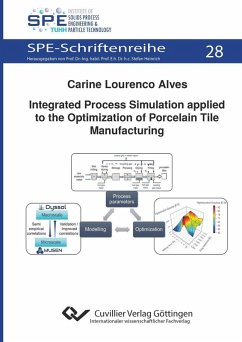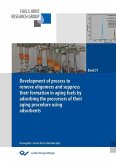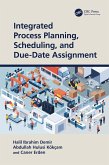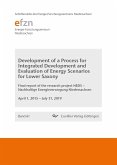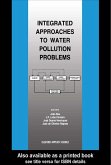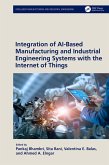This thesis introduces a comprehensive simulation methodology for modeling and optimizing the manufacturing process of porcelain tiles. The implementation of an integrated analysis and process simulation methodology for porcelain tile manufacturing has demonstrated its effectiveness in accurately predicting the results of modified process parameters and raw material composition at every stage of the process sequence. This methodology enables the prediction of outcomes at each step of the process, including the quality of the end product, thereby eliminating the requirement for extensive experimentation or trial-and-error methods. The simulations can function as a decision-making tool to propose modifications that optimize productivity and foster sustainability in the process. This emphasizes the considerable potential of the suggested tool for digitalizing the complete process sequence and creating a digital twin of the ceramics production chain.
Dieser Download kann aus rechtlichen Gründen nur mit Rechnungsadresse in A, B, BG, CY, CZ, D, DK, EW, E, FIN, F, GR, HR, H, IRL, I, LT, L, LR, M, NL, PL, P, R, S, SLO, SK ausgeliefert werden.

